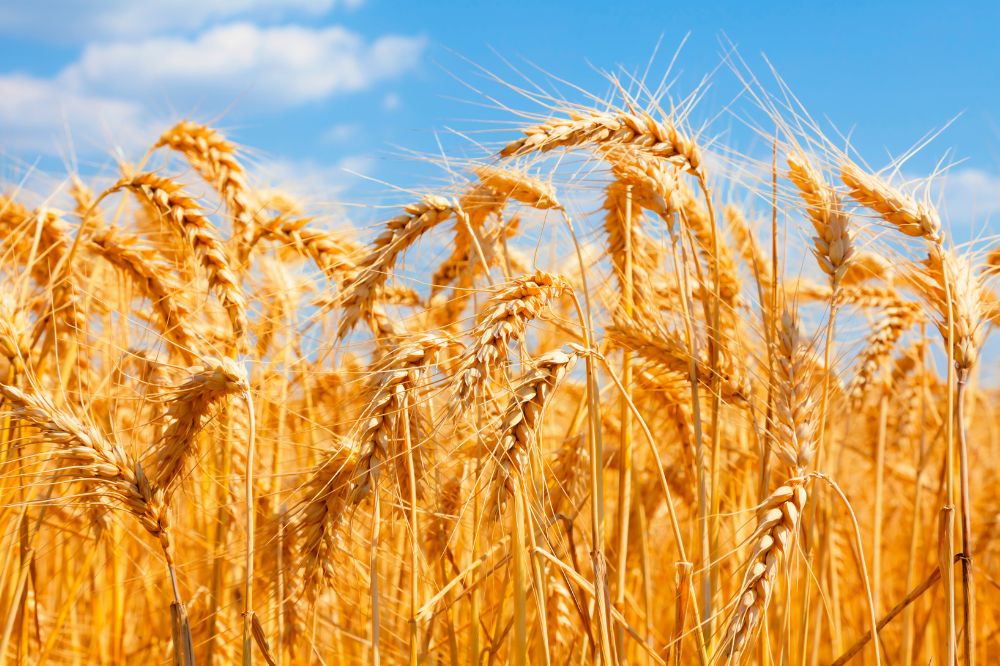Plant inbreeding secret unlocked shedding light on Darwinian theory

Scientists at a Welsh university have helped identify the genes that stop plants breeding with close grass family relatives, opening the door to improved varieties of rice, corn and wheat.
Like many other flowering plants, grasses have evolved a mechanism that prevents them from breeding with themselves: stopping a plant’s pollen placed on its own stigma from forming a seed.
An academic study, published in the journal Molecular Biology and Evolution earlier this year, identified for the first time the genes responsible for this mechanism – what experts call ‘self-incompatibility’.
Scientists at Aberystwyth University are now continuing their collaboration with lead partners in the Swiss Federal Institute of Technology in Zürich (ETH) led by Professor Bruno Studer.
They are studying in more detail the processes involved and determining whether they could be applied to improve the plant breeding of other important cereal grass crops.
Self- and cross-pollination was defined and published in “The Effects of Cross and Self-Fertilisation in the Vegetable Kingdom” in detail over a century ago by Charles Darwin in 1878 following the publication of his revolutionary theory of evolution in ‘On the Origin of Species’ in 1859.
In the 1960s, plant scientists discovered that self-incompatibility in a number of grasses, including ryegrass, meadow fescue and rye, was controlled by two separate genomic regions.
However, the limits of technology at the time prevented them from determining which specific genes.
Breakthrough
New research published this year by an international academic team, led by ETH and including Dr Danny Thorogood from Aberystwyth University, has now finally identified those genes in perennial ryegrass, using it as a model to determine how self-incompatibility works in the entire grass family.
The new findings could make it easier to develop better varieties of rice, corn and other crops as it opens up new cross-breeding opportunities.
Dr Danny Thorogood from Aberystwyth University’s Institute of Biological, Environmental and Rural Sciences said: “This is a very important breakthrough in a field to which Charles Darwin dedicated his life.
“It’s only in recent years that technology has made it possible to efficiently and rapidly sequence the entire genome of an individual organism.
“This S and Z gene discovery, which is the key to self-incompatibility and cross-pollination in the grass family, is thought to be the evolutionary driver of the striking genetic diversity observed across animal and plant kingdoms.
“These findings also open up new breeding possibilities and could have major benefits for people with improved wheat, rice and other main grass family crops. It’s fascinating that Darwin’s observations and theories from over a century and a half ago are still inspiring us today to make new and important discoveries like this.”
Support our Nation today
For the price of a cup of coffee a month you can help us create an independent, not-for-profit, national news service for the people of Wales, by the people of Wales.







Less we forget. Englishman Charles Darwin was not the only one to come up with the ‘Theory of Evolution’ or ‘Origin of Species’. He is often credited with this discovery but he rarely ventured out of his comfort zone in the English Home Counties other than his trip to the Galapagos isles etc… , where Welshman Alfred Russell Wallace circumnavigated the globe and coincidentally shared many of his discoveries & ideas with Darwin only for him to claim credit.